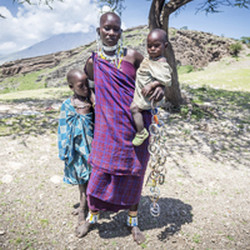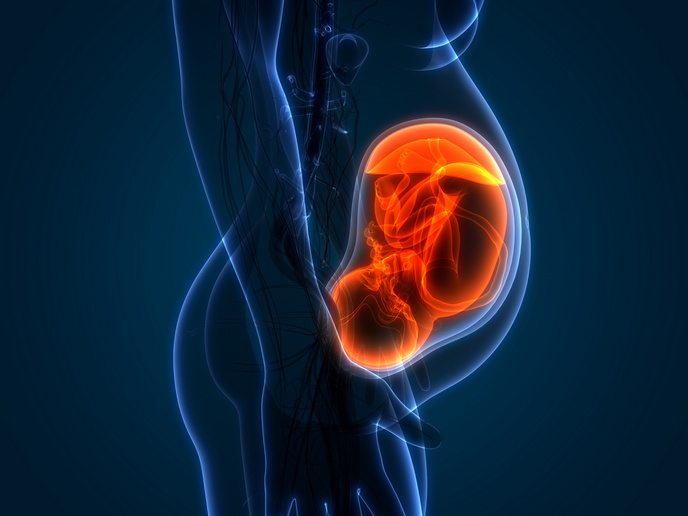Improving maternal and newborn health in Africa
The overarching goal of the EU-funded project EQUIP(opens in new window) (Expanded quality management using information power for maternal and newborn health in Africa) was to improve newborn and maternal health outcomes through quality management (QM). Specifically, EQUIP worked to develop and implement evidence-based innovative health interventions in Tanzania and Uganda, both low-resource African countries. Supported by high-quality, locally generated data supporting their endeavour, the project included health managers, health facilities and communities in the problem-solving process. The project based its quality improvement approach on the Collaborative Model for Improvement, promoted by the Institute for Healthcare Improvement (IHI). This is a short-term, rapid learning approach facilitating improvements in specific areas. Plan-Do-Study-Act cycles were used to identify factors affecting the quality of maternal and newborn care and to improve QM. Data were collected through sample household surveys and regular health facility censuses. Quality improvement teams were established at district, health facility and community levels. Regular support was provided via quarterly learning sessions, supervision, coaching and mentoring visits. The team analysed existing policies and bottlenecks to QM implementation. They found that improved governance at district and national levels was needed to facilitate QM implementation and improve health care outcomes for mothers and newborns. Measures introduced to improve health outcomes in mothers and newborns included facilities like community funds for emergency transport and including men in birth planning. Additionally, efforts were made to improve quality through better documentation, timely equipment repairs and restocking of depleted medical supplies. Overall, smaller improvements were observed in Uganda than in Tanzania, likely due to contextual factors and lower levels and less local control over financial resources at district level in Uganda compared to Tanzania to address and overcome issues identified in the QM. The availability of critical drugs and supplies was also found to be better in Tanzania than Uganda. Notwithstanding, positive evidence of improvements realised through enhanced QM alone suggests more mothers and their babies can be saved without new technology. EQUIP successfully demonstrated the value of QM at district, health facility and community levels. Project activities led to rapid improvements in health facilities as well as stronger community engagement. The outcomes have attracted the interest of key stakeholders, promising reduced mortality rates of mothers and newborns. Watch the project's video here(opens in new window).







